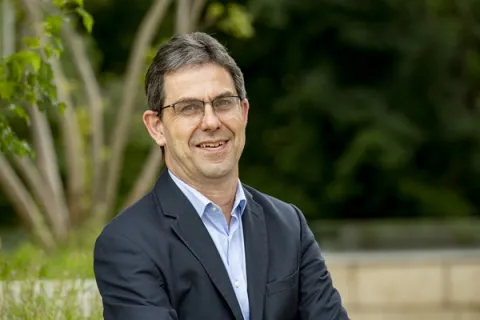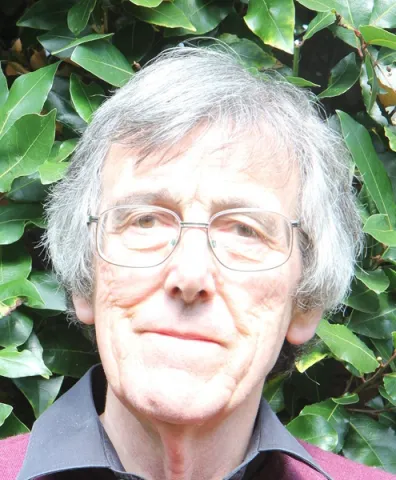Project overview
OCCASION was a collaboration between TRG and the Schools of Mathematics and Management. The project’s objective was to identify and investigate innovative methods of increasing the capacity of nodes (i.e. junctions and stations) on the railway network, without substantial investment in additional infrastructure. To this end, a state-of-the-art review of recent and ongoing work in this area was conducted, and tools were developed to;
(i) assess existing and predicted levels of capacity utilisation at nodes, thus filling a gap in the current assessment ‘toolbox’, and
(ii) investigate improved options for re-routeing and rescheduling trains, with a view to reducing capacity utilisation levels and making more use of the capacity potentially available, including consideration of the interactions between timetable changes at adjacent nodes.
These tools were used to develop solutions delivering reduced levels of capacity utilisation, and thus increases in capacity and/or service reliability. Incremental changes to existing railway technologies (e.g. improved points) and operating practice (e.g. relaxations of the Timetable Planning Rules) were investigated, as were concepts from other modes (e.g. road and air transport) and sectors (e.g. production scheduling).
The capacity utilisation analysis tools have since been used in collaboration with Arup in the Capacity Charge Recalibration for Network Rail.
(i) assess existing and predicted levels of capacity utilisation at nodes, thus filling a gap in the current assessment ‘toolbox’, and
(ii) investigate improved options for re-routeing and rescheduling trains, with a view to reducing capacity utilisation levels and making more use of the capacity potentially available, including consideration of the interactions between timetable changes at adjacent nodes.
These tools were used to develop solutions delivering reduced levels of capacity utilisation, and thus increases in capacity and/or service reliability. Incremental changes to existing railway technologies (e.g. improved points) and operating practice (e.g. relaxations of the Timetable Planning Rules) were investigated, as were concepts from other modes (e.g. road and air transport) and sectors (e.g. production scheduling).
The capacity utilisation analysis tools have since been used in collaboration with Arup in the Capacity Charge Recalibration for Network Rail.
Staff
Lead researchers
Other researchers
Collaborating research institutes, centres and groups
Research outputs
J. Armstrong & J. Preston,
2012, WIT Transactions on Built Environment, 127, 287-298
DOI: 10.2495/CR120241
Type: article
J. Armstrong, S.P. Blainey, J.M. Preston & I. Hood,
2011
Type: conference

